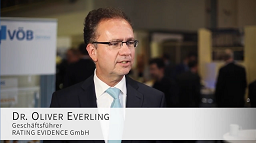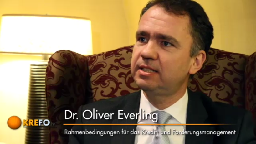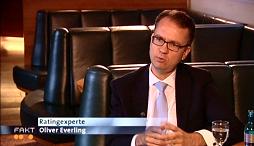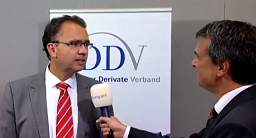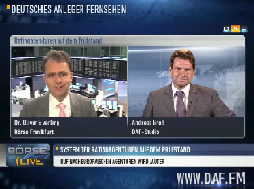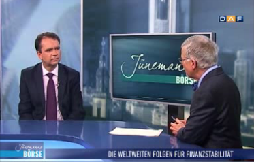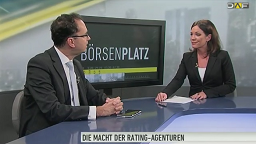« Zentralbankmonopol als Krisenursache | Home | Aktionäre verlieren Vertrauen bei IVG »
Is Globalisation Risky?
Von Dr. Oliver Everling | 19.November 2008
„Contrary to the common idea that globalized countries may be more risky these days, we found out that the more a country is globalized the less it is exposed to risk in terms of financial instability“, writes Dr. Roland Spahr, Beijing, in a recent study published on http://www.voxeu.org/. Having already learnt from past experiences, countries with more mature, developed and sophisticated financial systems tend to be more protected against challenges from globalization. Looking at the dynamics of globalization, the transition from a low level to a higher level of globalization, countries, especially in Asia, are trying to catch up with the more established. This effort, however, is accompanied by increased volatilities in their stock exchanges: „We found that countries which have made significant progress on globalization issues in recent years, tend to be more exposed to increasing risks.“
The strong linkage between low level of globalization and high risk needs to be addressed and carefully governed by all market participants. Methodologies which control and manage risks and regulatory requirements on risk management standards are available. „While we can assume“, says Spahr, „that more and more countries will become equally globalized, internationally harmonized regulations need to be provided by legal authorities and implemented by market participants in order to visualize and mitigate risks and support sustainable market activities.“
Risk management instruments must be implemented with the same pace as the continuous increase in globalization and financial market complexity. However, ongoing globalization also generates new challenges for mature and more globalized countries. In a globalized world, countries themselves must become more responsive to economic risks. Spahr: „We propose three initiatives for all nations: 1. Enhance and harmonize the application of existing regulations 2. Establish domestic Governmental Risk Management Practices and 3. Establish a Global Risk Committee to co-ordinate each other nations‘ risk portfolios on a global basis.“ Methodologies to measure and mitigate domestic and global risks need to be developed and appropriate guidelines and regulations reflecting the needs of all interweaved economies must be established. This kind of globally coordinated Governmental Risk Management is – according to Spahr – a necessary mean in a globalized world to improve stability and sustainable wealth.
Themen: Nachrichten | Kommentare deaktiviert für Is Globalisation Risky?
Kommentare geschlossen.
 Börse hören. Interviews zu aktuellen Ratingfragen im Börsen Radio Network. Hier klicken für alle Aufzeichnungen mit Dr. Oliver Everling seit 2006 als Podcasts.
Börse hören. Interviews zu aktuellen Ratingfragen im Börsen Radio Network. Hier klicken für alle Aufzeichnungen mit Dr. Oliver Everling seit 2006 als Podcasts.